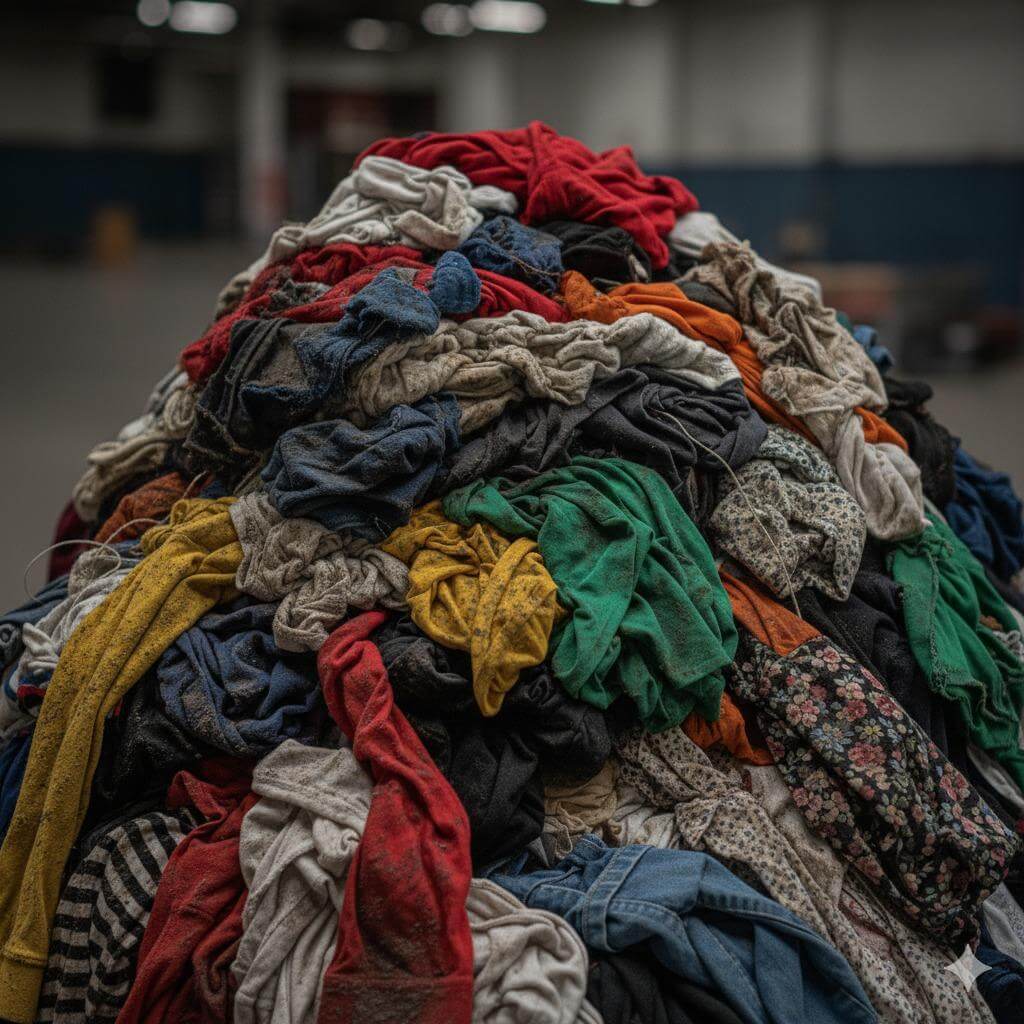10 September 2025
On September 9, 2025, the European Parliament definitively approved the legislation introducing Extended Producer Responsibility (EPR) for the textile sector. The new directive requires producers — including those operating through e-commerce and from non-EU countries — to cover the costs of collection, sorting, and recycling of textile products placed on the European market.
The introduction of the EPR marks an important step forward in combating the environmental impact of disposable fashion (fast and ultra-fast fashion). However, it's fair to question whether a single measure is sufficient to provide a definitive solution to the environmental damage caused by the textile industry.
According to Slow Fiber, the network of Italian companies committed to promoting a more sustainable, responsible, and transparent textile supply chain, without a radical rethinking of production and consumption volumes and a revolution in the culture of purchasing and using textile products (buying much less and much better), the legislation runs the risk of addressing only the effects and not the deep reasons of the waste emergency in the textile sector.
"For EPR to be truly effective, a cultural shift based on reducing consumption, conscious consumption, and extending the useful life of products is essential. The waste hierarchy demonstrates that the primary objective must be to reduce consumption of disposable textile products. The current system, based on overproduction, generates a mass of waste that technology is not yet capable of managing," says Dario Casalini, president of Slow Fiber.
According to Slow Fiber, without a new paradigm of thinking, the real risk is a return to unsustainable practices such as incineration or environmental dumping in developing countries. Responsibility must be localized: each consuming country must take responsibility for its own impact. The composition, durability, disassembly, and chemical impact of garments are additional factors to consider when establishing the EPR. Without these distinctions, virtuous companies are penalized and those who produce at low cost and with a high impact are rewarded.
Slow Fiber's position:
For Slow Fiber, extended producer responsibility is a valid principle, but to truly change the current critical situation, it must be accompanied by:
- a structural reduction in textile low quality production;
- real investments in research and innovation for recycling;
- differentiated and transparent criteria for setting environmental contributions;
- suitable tools to guarantee the chemical safety of the products to be recycled;
-
a European commitment to not export textile waste abroad, especially to the most vulnerable countries.
"To be truly effective, change must first and foremost be cultural and shared: without an evolution in purchasing behavior and our relationship with textiles, even the best laws run the risk to produce unwanted side effects, such as the progressive commercial desertification of urban centers," concludes Casalini.

